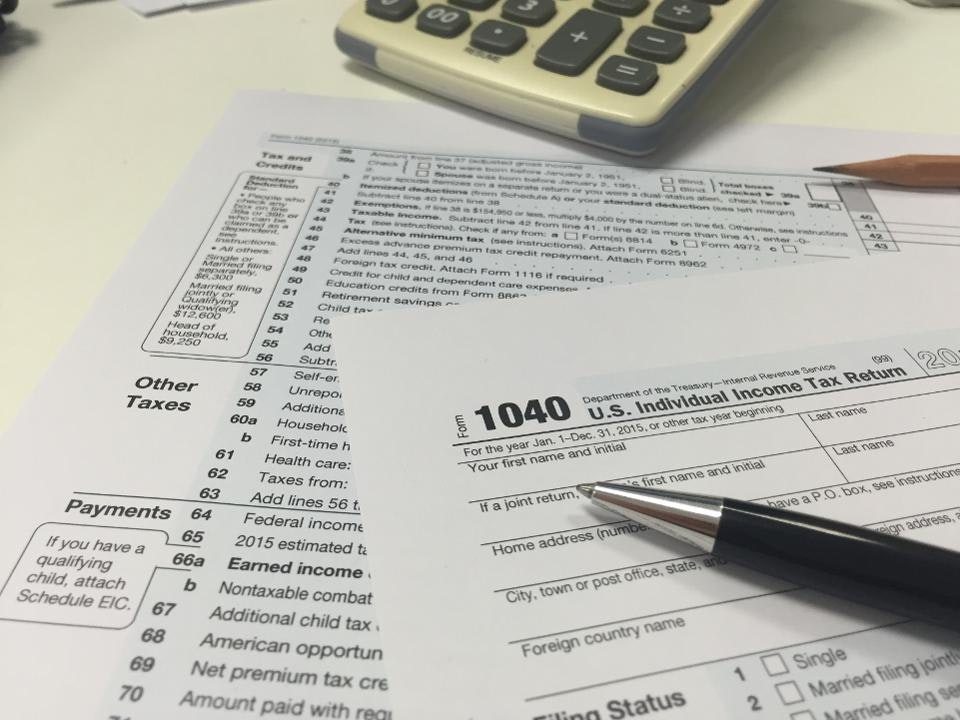
Jan 25, 2018
Part 2 continues our series on Taxes & Tutors, with tips on how hard-working tutors can maximize their business-related deductions.
In Part 1 of our series on Tutors & Taxes, we covered what freelance tutors need to know about being independent contractors when it comes to paying taxes.
Now that you’re on top of Form 1099s and making those timely quarterly payments, how about taking some of that money back?
Fortunately, as independent contractors, freelance tutors can claim a number of business-related deductions on their 2017 taxes. And remember to keep records and receipts for any business-related expenses, which might come in handy if the folks at the IRS care to audit you. But don’t panic: auditing is super rare.)
Here are 5 key deductions that freelance tutors should not overlook:
If you conduct all or part of your tutoring business at home, you may be eligible for a home office deduction, regardless of whether you rent or own your home.
There are several points to keep in mind:
But wait, there’s more:
If you’re one of those clever tutors using a co-working office space, like WeWork, you’re able to deduct 100 percent of your co-working office rent off your taxes. Your own office (with fully-stocked kitchen) and it’s tax-deductible. How’s that for a sweet win-win?
Here’s more information to maximize your co-working space deductions.
Freelance tutors can deduct the cost of transportation, if that transportation was for business purposes (say for a meeting or client session at a library). What you can’t claim is the cost of commuting to and from your principal place of work, like that home office or co-working space.
If you use your own vehicle, you can report your exact transportation-related expenses, or choose a standard rate for mileage and other expenses. Check out the IRS’ helpful guide to navigating your transportation deductions.
You can deduct any materials purchased and used directly for your tutoring business. If you use certain materials only part of the time for your business, you can deduct for the portion that is used for business. Materials include:
Follow this guide to learn more about deducting your business-related materials.
You can deduct those coffees you buy on the way to a client. As for a sit-down meal, freelance tutors are eligible to deduct meal expenses if the meal was:
If you’re still scratching your chin, here are some more tips on meal (and entertainment) deductions.
Lastly, freelance tutors can deduct their phone and internet costs that are directly and exclusively related to your business. Like with your material deductions, if only a portion of your phone or internet usage pertains to your business, you can deduct that business-related percentage.
Freelance tutors should keep in mind the current tax brackets and deduction thresholds for the 2017 financial year. For those who aren’t itemizing their deductions, the standard deduction for a single person or married filing separately in 2017 is $6,350. For married couples jointly filing, that’s $12,700, and for heads of households the magic number is $9,350.
Thanks to the recent federal tax overhaul, all of that is set to change. For the 2018 financial year, standard deductions are increasing substantially: for single persons/married filing separately, the 2018 standard deduction is $12,000. For married couples jointly filing, $24,000, and for heads of households, $18,000.
So you’ll need to weigh up whether itemizing your deductions is any benefit to maximizing your tax return come Tax Day 2019. Freelance tutors should be across the new standard deductions and eliminated itemized deductions well ahead of the 2018 tax season.
Tutors who are also full-time employed educators can also deduct up to $250 for out-of-pocket work-related expenses.
Next in this series, we cover how to file your quarterly and annual returns.
